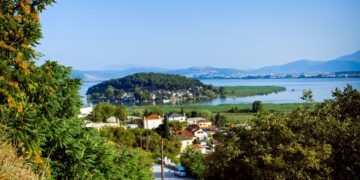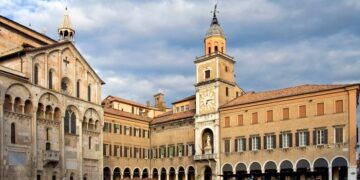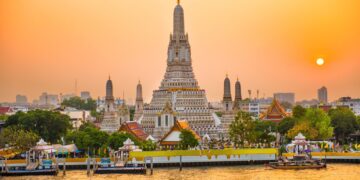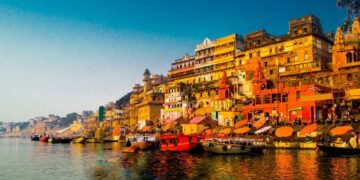Greece is one of the most popular travel and holiday destinations for tourists worldwide. Places like Thassos, the Olympic Riviera, or Halkidiki have become true Balkan tourist territories for Romanians, Bulgarians, and Serbians. Once you arrive, you hear the homeland’s language spoken at every turn. Other Greek islands are very popular for international wanderers: Lefkada, Corfu, Zakynthos, Rhodos, Crete… and then the cosmopolitan Santorini and Mykonos are invaded by hoards of tourists in high season.
But what do we do if we want to get to a quieter Greece? Or what do we do if we’ve visited pretty much everything that’s very ‘commercial’ and want new places, perhaps not so exploited and taken over by the on-the-beaten path tourists? I wrote here about a foray into northern Greece, which is related to the country’s superb mountainous area.
But below, I’ve selected 10 lesser-known Greek islands, showing their main sights, best beaches, best hotels and restaurants, and how to get there. The selection includes examples from several archipelagos because, as we know, the diversity of Greece’s islands makes them all the more beautiful and… magnetic. You will therefore have a preview as a travel suggestion. For each island, please click on the link.
Pin it!
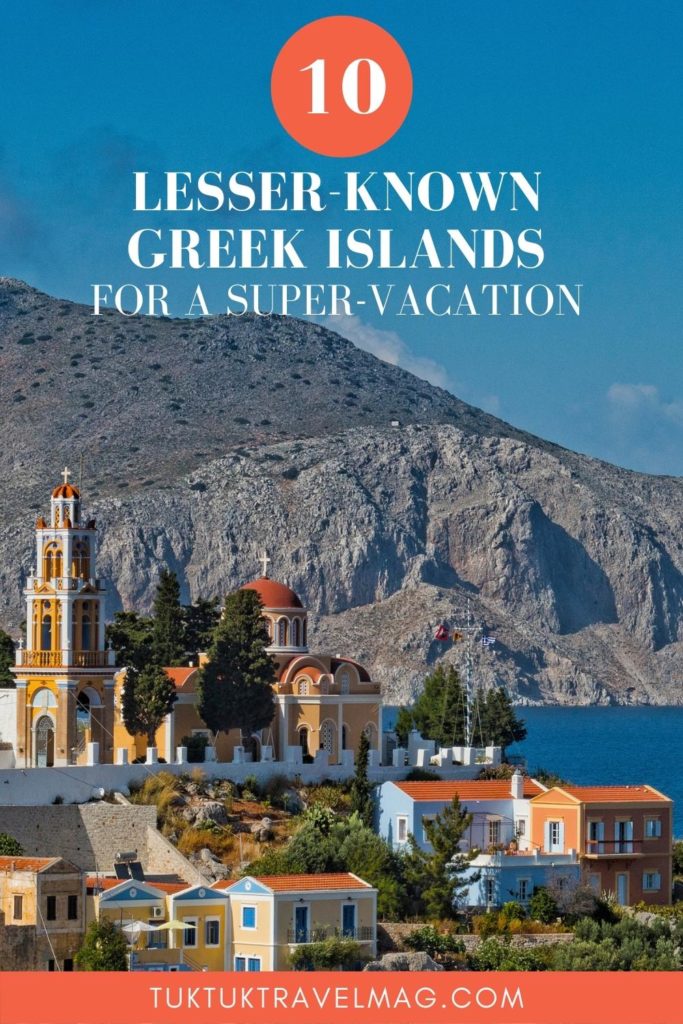
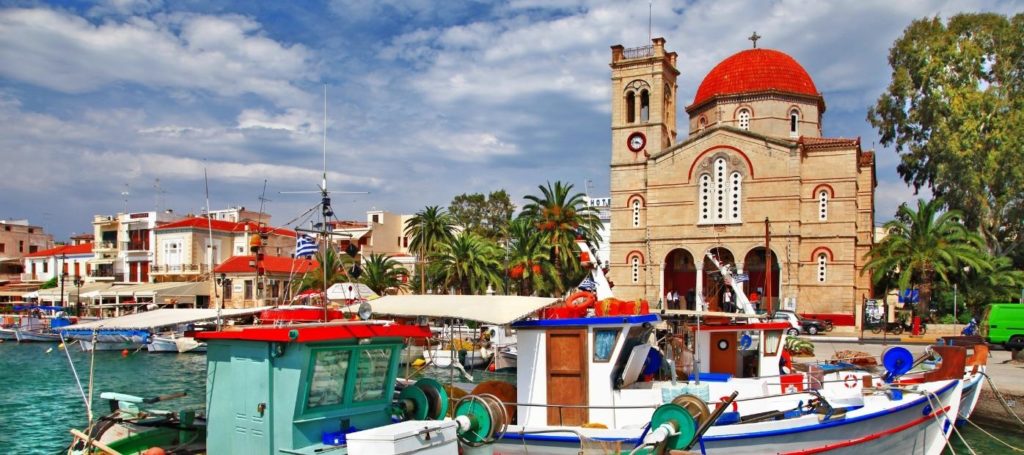
Situated in the middle of the Argo-Saronic Gulf, just 27 km from the port of Piraeus, Aegina Island is one of the favorite destinations of Athenians. A rich history dating back to the 4th millennium BC, idyllic scenery – picturesque villages and beautiful beaches – and interesting gastronomy attract visitors to this island in the Saronic archipelago.
The island was originally called Inoni (or Inopa/Inopia). The later name, Aegina, comes from one of the 50 daughters of the river god Asopus, who became nymphs after being kidnapped by the gods. To avoid Hera, Zeus transformed himself into an eagle and took Aegina, with whom he had fallen in love, to the uninhabited island of Inoni. The fruit of the passion between the god of gods and Aegina was a boy – Aeakos, the island’s first king. He asked his father to give him subjects, so Zeus turned the ants on the island into humans. The first inhabitants of Aegina were called myrmidons, from the Greek word ‘myrmigi‘ – ant.
Read the article about Aegina Island: sights, beaches, hotels, restaurants, how to get there

